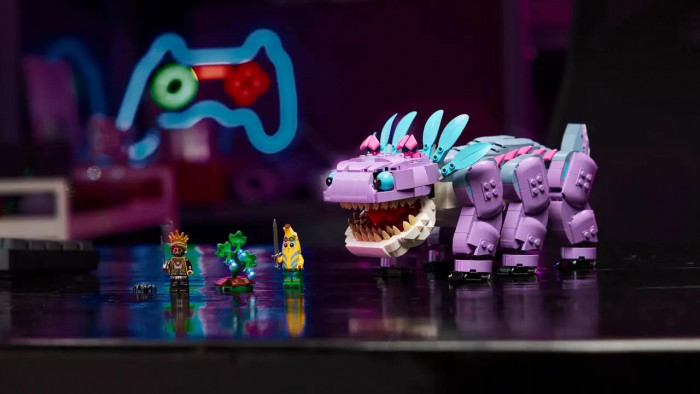ShortList is supported by you, our amazing readers. When you click through the links on our site and make a purchase we may earn a commission. Learn more
25 March 2015
The legendary news anchor who had the guts to call out Saddam Hussein on his new ITV Mafia doc…
I have, and found that it was much different. It was much more urgent, much more brutal and bigger than I thought. The guys we spoke to didn’t set out to entertain – they set out to expose the harsh reality of life inside the Mafia.
I’m a card-carrying coward; I hate guns and the sound of gunfire. I worked in Northern Ireland and the Middle East during difficult times, and whenever things exploded I ran the other way. I never enjoyed that. But I never felt threatened by the Mafia. My colleagues had done a lot of work to get to these people, the presumption was that they were interested in talking to us.
[Laughs] That was the one moment when I thought this could end in a way that’s not altogether pleasant. I was more shocked by his terror and him being scared of being seen. My fear grew from his. Nobody was out to kill me – who the hell am I to them? – but his fear was infectious.
John Alite is a stunning portrait of what life in the Mafia could be like. He started out as a young man – a sheriff, as he put it – on the streets of Jamaica in the borough of Queens. He was involved with a lot of killing and believed the Mafia was a secretive organisation based on fraternity. So when – as he feels – they betrayed him, he couldn’t understand it. He now sees a therapist. And yet, in John, you see, in my view, someone who genuinely misses it.
We probably had two gin and tonics. Look, there were disturbing people. There were stories the like of which you’ve never heard. But I would be lying if I said I think of them every night. Conversations like this bring it back, though, because I don’t think I’ve ever interviewed people who’ve spoken so readily about such crimes.
I got the job to pay the mortgage. If I said anything else I’d be lying. I never gave much thought to the fact that I was black. We were all more concerned who got one job over another. That said, there was one time when I was in Northern Ireland doing one of these absurd pieces to camera that TV reporters sometimes do, and some guy on the other side of the street shouted at me, “You bloody Brits! Why don’t you go home?” I thought, “Well, that’s progress!”
Well, how do you remember it?
Spot on. At that time, it was thought that Saddam Hussein was beyond the pale and shouldn’t be interviewed [on British TV]. So we had to be seen to be tough. The Iraqis agreed that we would not show them the questions. I thought that was a gentle opener. He wasn’t terribly pleased… He wriggled out of it quite well.
We were taken off to a presidential guesthouse because nobody could fix a time to interview him. He and his people dictated it, so you could be called in the middle of the night. I didn’t want to wake up flustered, so I took some pills that were prescribed to me by ITN’s doctor that calm you down. I don’t even know what ‘downers’ are. Nurofen Plus is as far as I go.
I don’t want to criticise anyone else’s shows, but I try to do something real, substantial and exploratory. I try to expose people to things they haven’t been exposed to before. Brutal reality.
I don’t have the time. I often keep my phone on silent because people tend to telephone you a lot, which is very disturbing. I like sitting and reading and watching sport on TV. My son did suggest that I go on Twitter, but then – almost in the same breath – said, “Come to think of it, I don’t think you’re quite capable” [laughs].
[Laughs] I was half-asked once, but I was so disabusing of the whole idea I doubt I’ll be asked again.
Latest
Related Reviews and Shortlists
Entertainment
![The 10 best war movies of the 21st century]()










